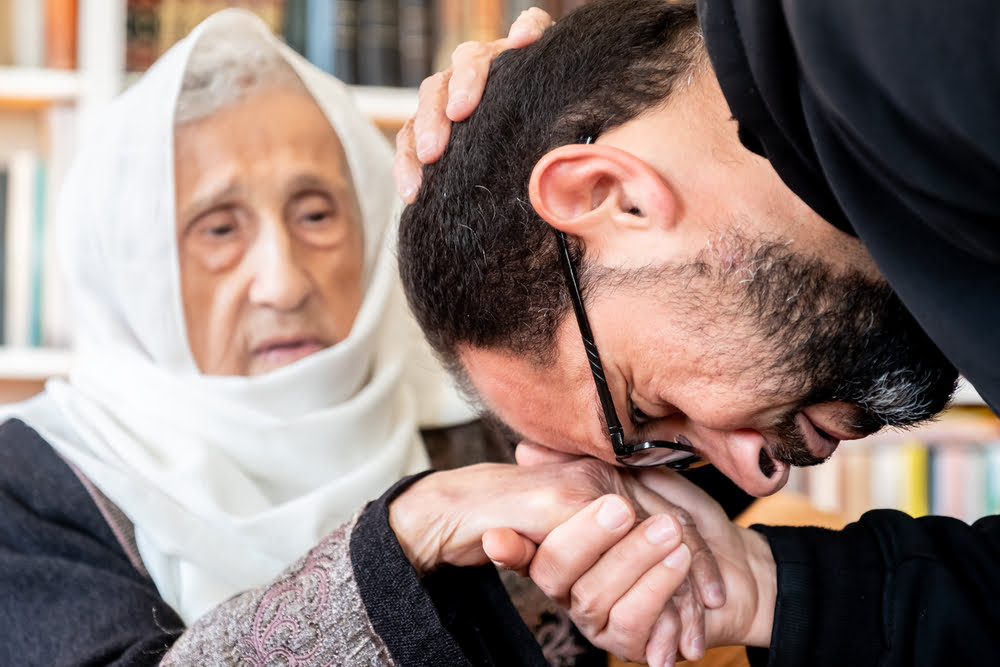Eid al-Fitr, also called the Sugar Feast, means that the Islamic fasting month of Ramadan is over. Muslims all over the world are allowed to eat, drink and smoke again during the day. The date of the Sugar Feast depends on the moon phase. Normally this is a big party full of treats, gifts and visits to relatives and friends. Due to the corona virus, that is again not possible this year.
The fasting month of Ramadan is over for almost 1 million Muslims in the Netherlands. It was the second Ramadan during the corona pandemic. Normally it is a time when believing Muslims pray together a lot and gather after sunset to break the fast. This was not possible due to the corona virus: there is only limited space in mosques, the joint iftar meals were canceled and due to the curfew, Muslims could not meet outside.
All a blessed Eid ul-Fitr despite difficult times
The Sugar Feast (Eid ul-Fitr) lasts three days but there will be no big parties due to the impact of the corona crisis. The main difference from previous years is the social aspect of the month of fasting. Mosques are closed, and fast breaking is now happening at home instead of with family and friends.
On the 1st day of the tenth month, they celebrate the Feast of Sugar, Eid al-Fitr ('Id al-Fiṭr), the' feast of breaking the fast '. The end of the Ramadan. The exact beginning depends on the appearance of the New Moon's sickle and may vary by country. In recent months, there have been many concerns from mosques about people in isolation. Normally, a lot of effort is made to reach them during Ramadan.
Also read: Mobility Affects Islamic Community During Ramadan


